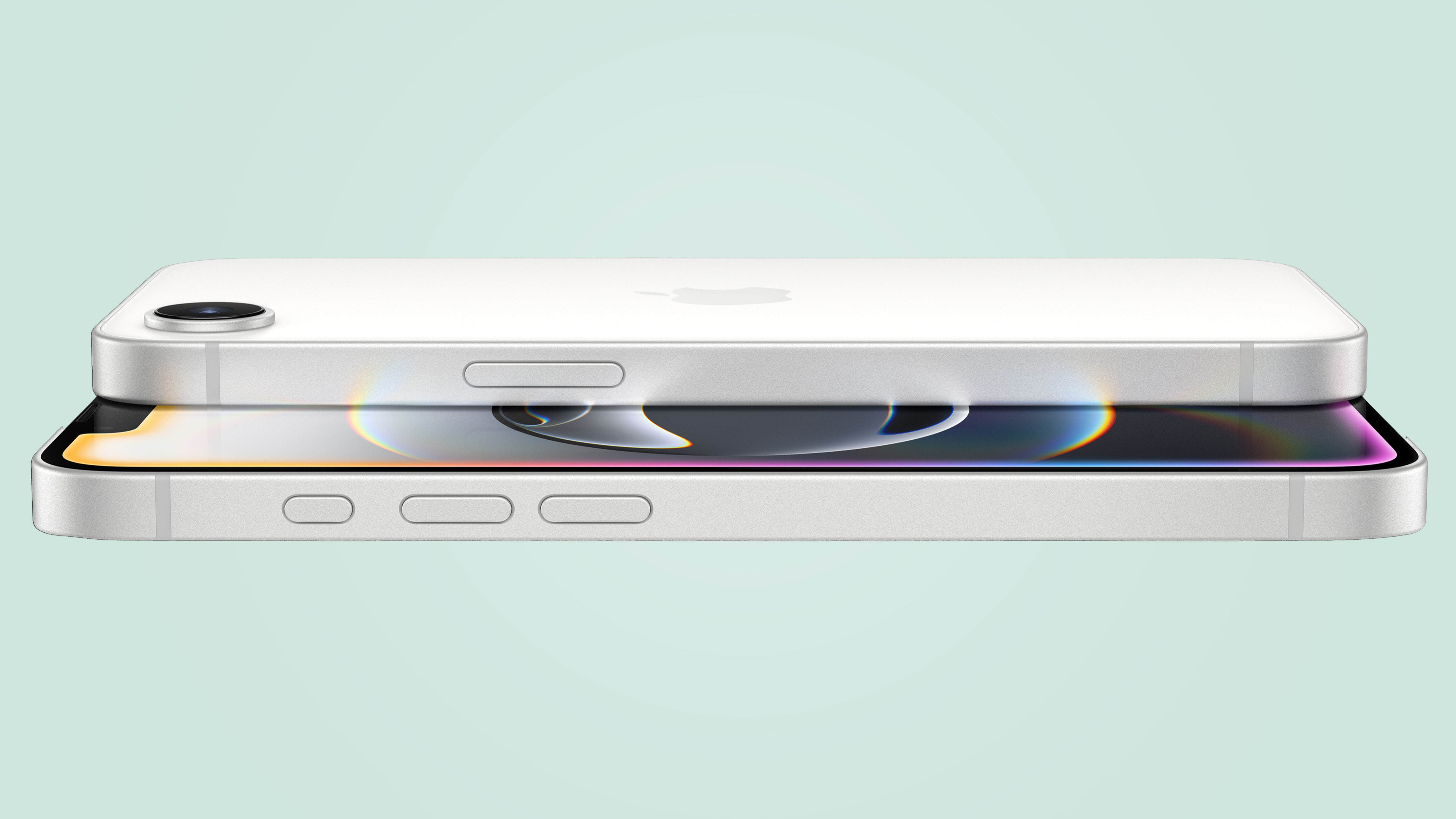
Apple has been trying to break from using Qualcomm technology in its products for years , and with the iPhone 16e , it finally managed it. One of the key details about the handset is it uses Apple’s own C1 5G modem, which the company claims is the most power-efficient one ever used on an iPhone. But it has a drawback which meant it was sensible for Apple to test it on a cheaper handset first.
It doesn’t support mmWave connectivity, meaning it may well offer slower data speeds than iPhone users are used to. So it should come as no surprise to hear that Apple is already working on second-generation hardware for its flagship iPhones: the C2 modem. MacRumors reports news of the testing via a private account on X.

The site wouldn’t name the source, as the leaker requested their details not be shared, but did clarify that the account has a “history of sharing accurate information” and a “proven track record”. Moving away from Qualcomm According to the mystery source, the C2 modem is identified as C4020 within Apple, but that’s the only detail we know for now. It’s not too much of a leap to suspect that the second-generation model will aim to offer faster and more reliable 5G connectivity, with further progress on efficiency.
It shouldn’t be a surprise that Apple is moving away from Qualcomm. Not only do the two have a bitter history of lawsuits relating to patents , but Apple has to pay Qualcomm a license fee every time it uses its technology. If it cuts out the middleman, that means more profit for Apple and happier shareholders.
Which iPhone will get it first? Since the announcement of the iPhone 16e, Apple has been pretty upfront that its own modems are here to stay. “We build a platform for generations,” Johny Srouji, Apple’s senior vice president of hardware technologies, said in an interview with Reuters . “C1 is the start, and we're going to keep improving that technology each generation, so that it becomes a platform for us that will be used to truly differentiate this technology for our products.
” The report highlights one way in which Apple hopes to differentiate is via close integration with its own mobile processors. If a future iPhone is dealing with slow data networks, the A-series chip could tell the modem which traffic is more time-sensitive, ultimately making the phone feel more snappy in trying circumstances, for example. Timelines aren’t clear, but it seems like Apple will try to phase out Qualcomm sooner, rather than later.
For the iPhone 17 lineup, the analyst Ming-Cho Kuo says that the iPhone 17 Air will use the C1 , which suggests that the Pro models may stick with Qualcomm for at least one more generation, however..















